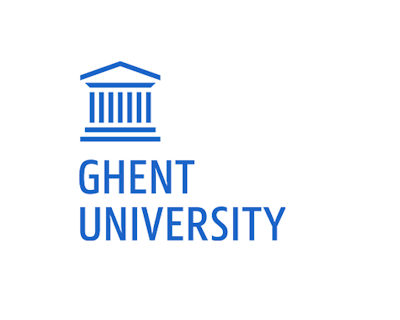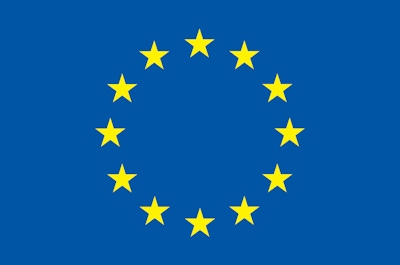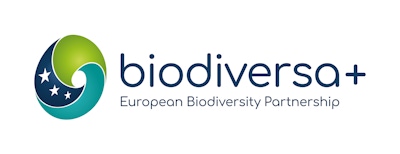news
ZASNET
On 27 October 2023, the stakeholders' meeting between the URV team and ZASNET took place at the latter’s headquarters in Bragança (Portugal).
Alexandre Moreno-Urpí
Postdoctoral researcher at Universitat Rovira i Virgili, CEDAT

27/10/2023, Bragança, Portugal
It was the first in-person meeting after several email exchanges where the URV team, led by Dr. Maria Marquès Banqué, was able to present the main guidelines of the TRANSNATURE project, its goals, and the various tasks that will be carried out throughout the project. ZASNET, from a legal perspective, is a European Grouping of Territorial Cooperation (EGTC), whose purpose is to provide a cooperation framework to face the complex problems that arise in the northwest sector of the Iberian plateau (Meseta Ibérica), a transnational space with territories under Portuguese jurisdiction and others under Spanish jurisdiction.
In accordance with the methodology guidelines of the project, the meeting began with a general presentation of the project, the funding entities, and the project partners. Throughout the meeting, the tone was very friendly and relaxed among the participants. Despite being the first in-person meeting with the stakeholders, from the outset, the ZASNET team showed a great deal of interest in the project and the proposal made by the URV team. A key aspect that was relevant to the ZASNET team was the choice of the Meseta Ibérica transboundary biosphere reserve as the object of study. The URV team pointed out that the legal framework of the EGTC fits perfectly as the object of study, as it is already the result of transboundary cooperation.
Once the URV team had introduced the project, the participants of the meeting discussed the objectives, the four case studies, and all the actions that needed to be carried out within TRANSNATURE. It was at this point of the meeting that a very enriching dialogue between the two parties emerged. While the URV team explained that the main goal of the project was to study the transboundary cooperation regarding biodiversity protection, the ZASNET representation brought up one of the main issues they had identified: illegal hunting. In this regard, they pointed out that while there is a compensation mechanism for shepherds, it is insufficient to cope thoroughly with the problem. Moreover, ZASNET representatives identified wildfires as a further challenge regarding biodiversity protection in the area.
After these observations, the focus shifted to the methods to gather data for the project, which is based on the voluntary participation of representatives from the stakeholder groups. The URV team highlighted its keen interest in involving local communities, conservation groups, and public authorities from both sides of the border. The ZASNET team committed to provide a list of the main actors affected by biodiversity protection to the URV team. Before concluding the discussion, ZASNET representatives highlighted that sometimes it was challenging to ensure fluid cooperation and communication between the two parts—Spain and Portugal. Nevertheless, they considered that reaching out to individuals interested in participating in the TRANSNATURE project would be straightforward.
The URV team was satisfied with the outcome of the meeting as it was an engaging initial contact where the willingness to cooperate between both parties for the achievement of the project's objectives became evident.





